Session Date and time: Monday 23 May, 12:45-13.15
Prof. Filippo Crea
- Filippo Crea is Professor of Cardiology, Director of the Department of Cardiovascular Sciences, Director of the Postgraduate School in Cardiology and Coordinator of the PhD program in Cellular and Molecular Cardiology at the Catholic University in Rome, Italy.
- His research activity has primarily focused on studying the multiple mechanisms of myocardial ischaemia in chronic and acute coronary syndromes (ACS). Professor Crea has received numerous research awards including the Arrigo Recordati International Prize for the “Lifetime achievement in researching the pivotal role of microcirculation in systemic and organ diseases”.
- He has given prestigious lectureship worldwide including the 7th annual Robert L. Krakoff International Lecture in Cardiovascular Medicine at the Brigham and Women’s Hospital, Harvard University Medical School. He is Editor-in-Chief of the European Heart Journal since September 2020.
Keynote Lecture – Stratified Treatment of ACS
While the implementation of evidence-based guidelines has favourably impacted outcome following acute coronary syndrome (ACS), major challenges persist. This is especially the case for patient groups not regarded as ‘typical’ due to variable presentation, unpredictability of outcome, and heterogeneity in treatment responsiveness or side-effects from that seen in trial populations. Given that ACS is characterised by a cluster of multifactorial diseases, precision medicine approaches directed to disease pathogenesis will provide new potential for stratifying patients and tailoring medical treatment to their individual characteristics. This is pertinent in the context of inflammation in ACS as multiple causes may underlie activation of inflammatory pathways. Genetic and deep phenotypic precision mapping will offer insights to define presentation, history and treatment response, resulting in more focused use of therapies and improved outcome. In addition to contemporary clinical tools including ECG, biomarker monitoring, and predictive risk scores based on phenotypic-cluster analyses, ‘omic’ technologies, together with metabolite profile analysis, can aid clinical decision-making in the ACS setting.
Translating precision medicine from concept to implementation in the ACS setting, however, remains problematic. Machine learning is likely to play an increasing role, both in stratification of risk and response to treatment. These strategies are essential to the development of predictive models involving genetic, deep phenotype and clinical variables. Furthermore, machine technologies applied to ‘big data’ – such as combined clinical trial datasets – may offer new potential for solving persistent clinical questions in ACS, including the management of non-culprit plaques, accurate prediction of plaque erosion, and the identification of specific biomarkers to guide point-of-care treatment without the need of invasive imaging.
Chair: Antonio Gotto, Lale Tokgözoglu

